Wilderness Survival Hygiene – How Nature Can Help Keep Us Clean
Morgan Rogue 09.01.21

While I am a prepper and I like to be as prepared as possible, I’d like to think I’m also a survivalist, bushcrafter and ‘one with the land’ as much as possible.
Hygiene is an often forgotten about prep in general. We prioritize food, water and shelter, but very rarely do we prioritize hygiene.
In general, I always pack a wash cloth with some no rinse body wash or just a bar of soap. Depends on the circumstances.
It’s always handy to have backups, especially when we can look to nature as a backpack. We may not always be able to rely on any of these methods exclusively, but it’s nice to have them in our back pocket for when we need them.
Here are some survival hygiene methods every outdoorsman needs to know:
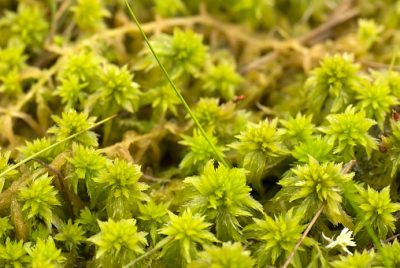
Sphagnum Moss
This is a moss that grows in wet, marshy areas. When you pull the moss up, it doesn’t bring any dirt with it, so it can be used straight away as a way to clean dishes or yourself.
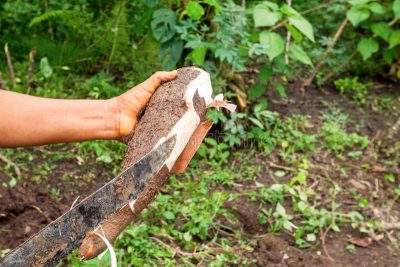
Yucca root
If you’re in the desert, the root from the Yucca plant can be made into a soap. Here is one process of making very basic soap:
- Clean the yucca root thoroughly with a vegetable brush to remove loose dirt and loosen the skin.
- Carefully peel the outer layer of skin off with a knife or peeler. Make sure the inner root remains clean from dirt.
- Chop the root into small pieces about the size of golf balls. Yucca root can be sticky to work with so you may want to use gloves.
- Pulverize with a hammer, the end of a knife, back of a hatchet or if you happen to have one, a blender.
- Spread evenly onto a clean surface such as a pan or flat piece of wood. At home it would be placed on wax paper then placed in the oven for about an hour at 200 degrees. You can let it set over warm coals to dry or simply let it air dry.
Once dry, use it as soap.
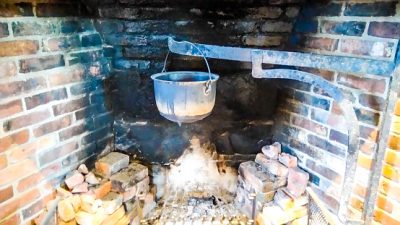
Animal fat and ash
Back in the old days, once cowboys had finished cooking up some bacon, they would throw a bit of ash from their spent fire into their pan and mix it up with the left over animal fat to use for soap. After all, lye comes from wood ash. Soap is made with fats and lye. This is a primitive way of making soap, but in a pinch, if you happen to have fat and wood ash, this is how you’d do it.
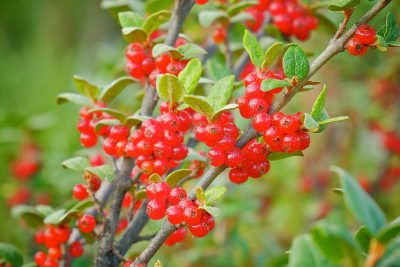
Soapberry
Soapberry can be found in many parts of the US. It’s usually in wet and woody climates, but it can vary. If you happen to find some, after some processing it can be used as soap. Hence the name. You can make it into a liquid or a powder which will last longer.
To make it into a liquid: Add a cup of water for every 2 soapberries in a pot over the stove or fire. Boil for 30 minutes then strain to get just the liquid. Best storage is put it in the fridge, but can be used right away once you’ve made it.
To make it into a powder: Dry the berries then grind up as many soapberries as you desire.
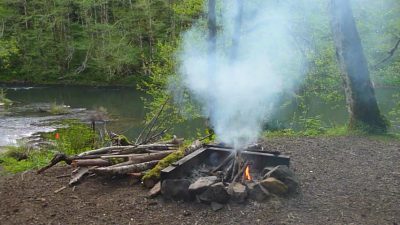
Smoke bath
Most people want to reduce the amount of smoke their fire produces and it makes sense for health reasons, as well as general stealth. However, if you have created a fire, then you can easily take a smoke bath. While your cloths will eternally smell like campfire (is that a bad thing, though?), the smoke can also help to ‘cleanse’ you by sanitizing your body and removing bacteria. Please do be careful not to inhale too much smoke. It only takes a few minutes of smoke bathing for it to be enough.
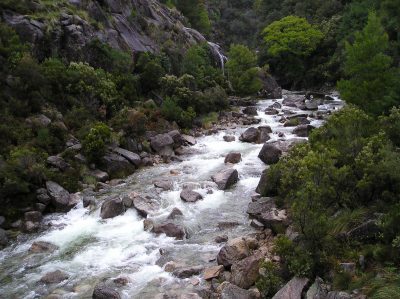
Stream
Of course, a good ol’ fashion stream will do the trick. If you don’t have any soap, simply taking a dip and rubbing water on yourself should get you through for a while. Make sure the water source is clean and not contaminated by any chemical run-off.
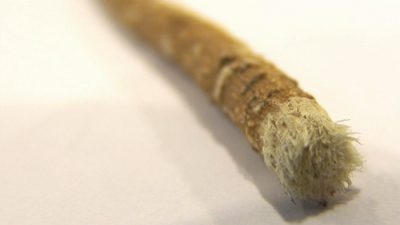
Dental hygiene
If you forget your toothbrush, don’t fret. Here are some alternative dental hygiene options.
- Use a cotton cloth to rub your teeth.
- Use the inner strands of paracord or strands from your clothing as floss.
- Take a green stick (one that’s alive, not a dead stick), and mash up the end of it with your teeth to create a brush. Use that to brush your teeth.
It’s helpful to be prepared with everything you might need, but it’s also nice to have backups, especially when they can come straight from nature.

